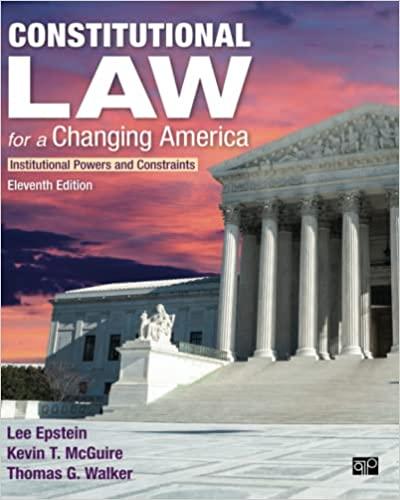Question
in 2014, Curtis Reeves shot and killed Chad Oulsen in a Pasco County, Florida movie theater. He was charged with second-degree murder for the killing.
in 2014, Curtis Reeves shot and killed Chad Oulsen in a Pasco County, Florida movie theater. He was charged with second-degree murder for the killing. Early in his case, Reeves' defense attorney filed a Motion to Dismiss the charges based on the Stand Your Ground Defense. Based on Florida law at the time, the defendant was responsible for offering up evidence to prove the defense. The Motion was denied. After that hearing, the Florida Supreme Court changed the process of establishing the defense, switching the burden to the state. This means that now the state has the burden of proving that the defendant is not entitled to the defense. The question was then whether the Supreme Court would apply this new standard to Reeves' case retroactively. The Court decided that it would not be applied to Reeves' case, and that he would have to stand trial. His case has now been proceeding for six (6) years.
In which category or categories is the defense of Stand Your Ground? Describe what Reeves was alleging when he tried to use the defense of Stand Your Ground. Finally, describe what the Supreme Court's ruling means with regards to the burden and the retroactivity.
Step by Step Solution
There are 3 Steps involved in it
Step: 1

Get Instant Access to Expert-Tailored Solutions
See step-by-step solutions with expert insights and AI powered tools for academic success
Step: 2

Step: 3

Ace Your Homework with AI
Get the answers you need in no time with our AI-driven, step-by-step assistance
Get Started


